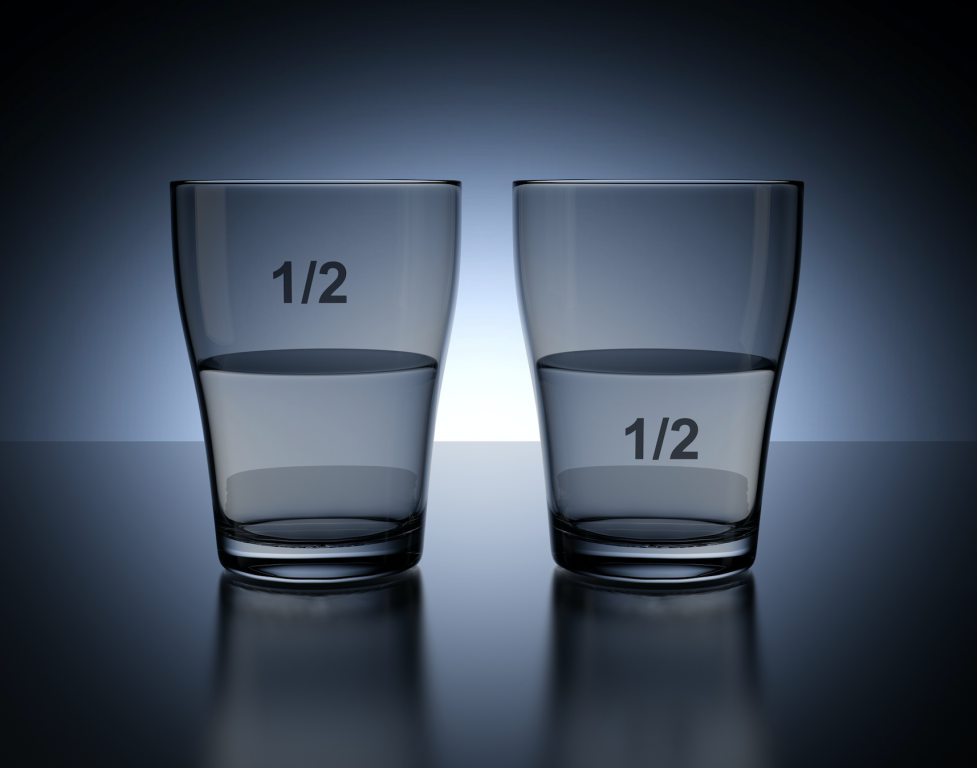It’s a question that is often posed when I teach on conflict resolution. In truth, we all have the tendency to think WE are!
Recently a friend and I were discussing a matter and I felt myself getting tense. He wasn’t getting it! I knew what I had to say was “right.” The problem was he didn’t. So obviously I had to convince him. The harder I tried however, the more frustrated I became. He still wasn’t getting it! My friend was getting increasingly flustered, appearing unsure how to explain his side any more clearly than he already had. A kettle like conflict was brewing, and the whistle was about to blow.
When I teach the PLEDGEtalk principles, I speak of the occurrence of conflict being like that of a collision between two vehicles at a crossroads. Besides the immediate concern of everyone being ok, questions loom: what happened? Who was at fault? And who had the right of way?
None of us like to be wrong, let alone admit when we are. We want to be right – and see to it that others agree. That’s a problem, especially when it comes to resolving conflict.
When assessing who is at fault in an accident, Insurance adjusters use a term called “comparative negligence.” Through their investigation, adjusters determine the degree to which each driver was wrong. For example, one driver might have been 80% at fault, and the other 20%. Though clearly different in this case, both were still at fault to some degree. In most cases of conflict between two people, it is very similar. Both are to blame, at least to some degree or another. Maintaining the posture of being right will never lead to resolve. Instead, both must be willing to examine their part in the conflict and admit their wrong, regardless of the percent of the “wrongness.”
Examine with me, an age old illustration to practice what I just wrote. It is the illustration of the glass half full. Or is it half empty? Which is it? How often have you answered that with a bit of laughter saying: “well of course, it is ____________” And everyone laughs with you, even those who claim to know otherwise, claiming it is just the opposite of what you purport.
Here is my question: are you sure the glass is half full or half empty? Do you KNOW you are right? How strongly would you hold to your position?
Now I ask – what if I were to say that both of you are wrong? Well, I tell you in this case–as in most cases of conflict–it is true. You are both wrong! There is another answer I will share in a moment.
First, back to the conversation with my friend. As the tension grew and I became more insistent on what I had to say, I finally remembered what I have spent the better part of my life teaching others to do when in conflict…listen to understand. Not until I began to put that into practice did the conversation begin to change for the good — starting with my frustration level decreasing. This happened in part because I was no longer focused on getting my friend to see my viewpoint. Instead my focus shifted as I sought to understand his. When that happened, I began to see there were things right and good in both of our perspectives. I wasn’t all right or all wrong. Neither was he. We both began to relax as we came to see and appreciate both sides of the story.
Later I pondered, what’s more important: being right or loving right? (Tweet this!)
I hope you know that wasn’t a hard question for me to answer. Loving the right way especially when in conflict, is challenging to put into practice at times but worth it every time.
Oh–and back to the glass illustration. Is it half full–or half empty? The truth is this. Are you ready?
It is BOTH!
The glass is truly half full of water AND half empty. It is both at the same time! This is the case with our conflict the vast majority of the time. Both sides have it right to a degree and wrong to a degree, or at least incomplete. Both have much to learn from the other–and they will–if they take turns to listen well and understand what the other is saying.
Here’s my challenge: this weekend, catch yourself whenever you think “you are right” and go back to your spouse, your child, or a friend and ask them to tell you more what they were thinking or feeling over a matter. Listen well. Seek to understand them. Watch the difference it will make in your relationship. THEN come back here and post to tell me one thing you learned from doing this!!




The decision to make loving the absolute priority makes such a vital difference in relationship.
There are times when remembering and implementing that decision makes all of the difference
in the quality of a relationship.
I wish that I had been challenged to learn this principle many years earlier.
I have finally experienced this truth at times, and what a rewarding difference it makes.
Thank you.